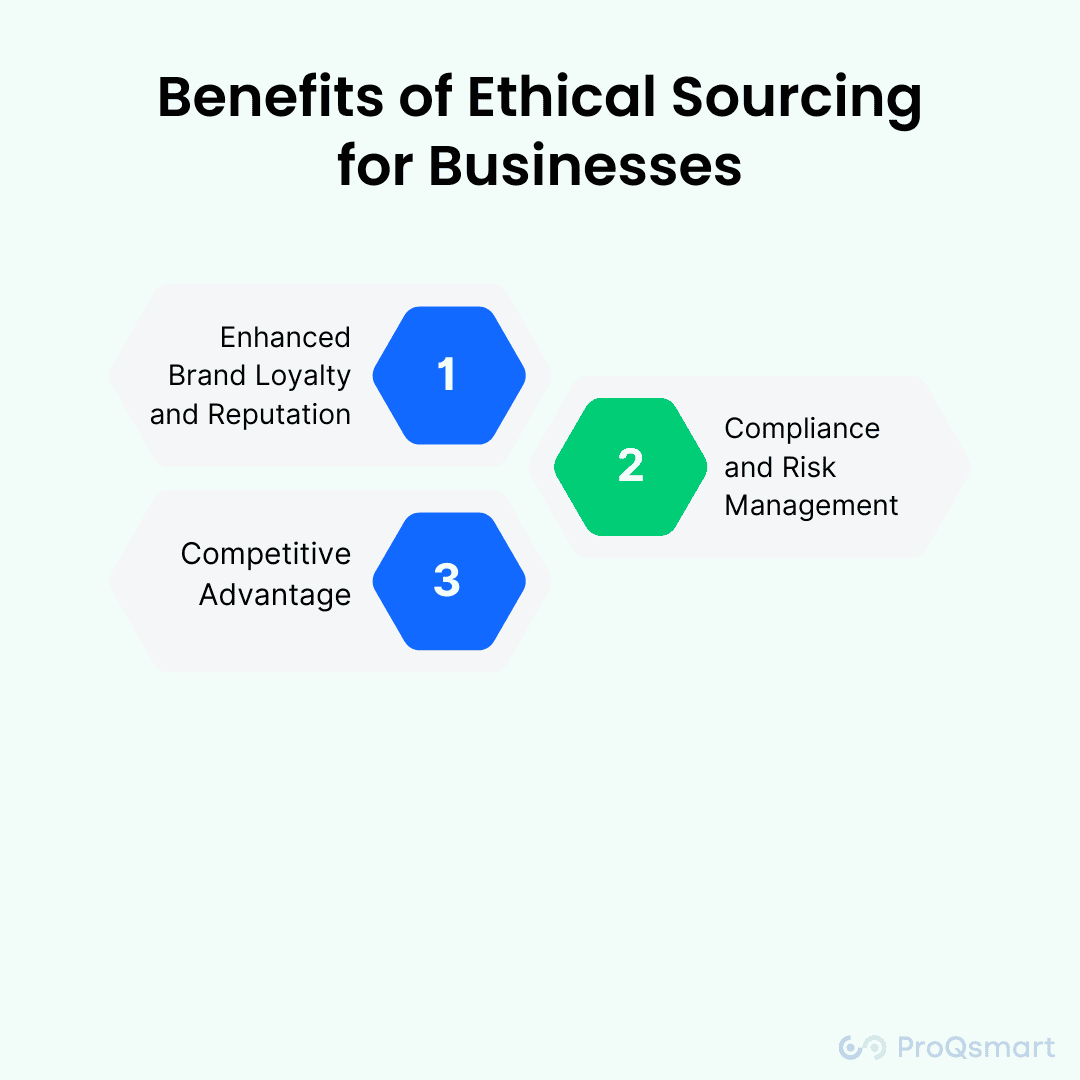In an era where consumers are increasingly conscious about the origins of the products they purchase, the term “ethically sourced” has become a crucial aspect of business operations. Ethical sourcing refers to the practice of procuring goods and services in a responsible and sustainable manner that considers both the environmental and social impacts. This blog post delves into the definition, meaning, and importance of sourcing in today’s global marketplace.
Defining Ethical Sourcing
Sourcing is the process of ensuring that the products being sourced are obtained in a way that respects the workers and the environment. It involves commitments to transparency, sustainability, and fair labor practices, ensuring that every step of the supply chain adheres to standards set by the company or by governing bodies.
The Key Components of Ethical Sourcing
Social Responsibility
Ensuring fair wages and safe working conditions for workers.
Prohibiting child labor and forced labor.
Environmental Impact
Minimizing environmental degradation.
Using sustainable materials and processes.
Economic Viability
Creating economic opportunities for underprivileged communities.
Supporting local suppliers and small businesses.
Why is Ethical Sourcing Important?
Sourcing is not just a moral obligation but also a strategic business approach that can enhance a company’s brand reputation, drive consumer loyalty, and ensure compliance with international standards and laws. By investing in sourcing practices, companies can mitigate risks, anticipate regulatory changes, and appeal to a broader, more conscientious customer base.
Benefits of Ethical Sourcing for Businesses

Enhanced Brand Loyalty and Reputation
Companies known for their ethical practices enjoy a positive brand image and increased customer loyalty.
Compliance and Risk Management
Sourcing helps companies avoid legal penalties related to labor laws and environmental regulations.
Competitive Advantage
Businesses that commit to ethical sourcing differentiate themselves from competitors, appealing to a growing demographic of consumers.
Implementing Ethical Sourcing
Develop Ethical Sourcing Policies
Create clear guidelines that define the company’s standards for suppliers, including labor practices, environmental impact, and sustainability.
Supplier Audits and Certifications
Conduct regular audits of suppliers to ensure compliance with standards. Obtain and maintain certifications like Fair Trade or Rainforest Alliance.
Stakeholder Engagement
Engage with all stakeholders, including employees, suppliers, and consumers, to foster transparency and trust.
Conclusion
Ethical sourcing is a transformative approach that aligns with the growing global demand for transparency and sustainability in business practices. By defining and implementing sourcing strategies, companies not only contribute positively to global welfare but also enhance their competitive edge and ensure long-term success.
FAQs
What does ethical sourcing mean?
Ethical sourcing means obtaining goods and services in a way that respects workers’ rights and minimizes harm to the environment.
Why is ethical sourcing crucial for businesses?
It builds brand reputation, fosters consumer trust, and ensures compliance with global standards, reducing operational risks.
How can companies ensure their products are ethically sourced?
By developing stringent sourcing policies, performing regular supplier audits, and engaging with certified suppliers.
What are the challenges of implementing sourcing?
Challenges include higher costs, finding reliable suppliers that meet ethical standards, and integrating these practices across global supply chains.
How does sourcing impact the environment?
Ethical sourcing promotes the use of sustainable materials and processes that reduce environmental degradation and support long-term ecological balance.
Leave a Reply